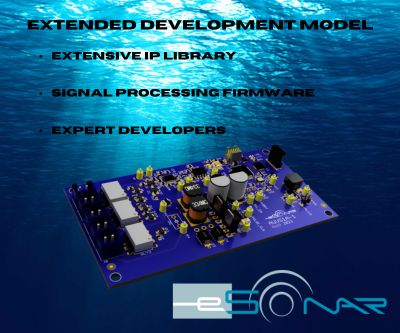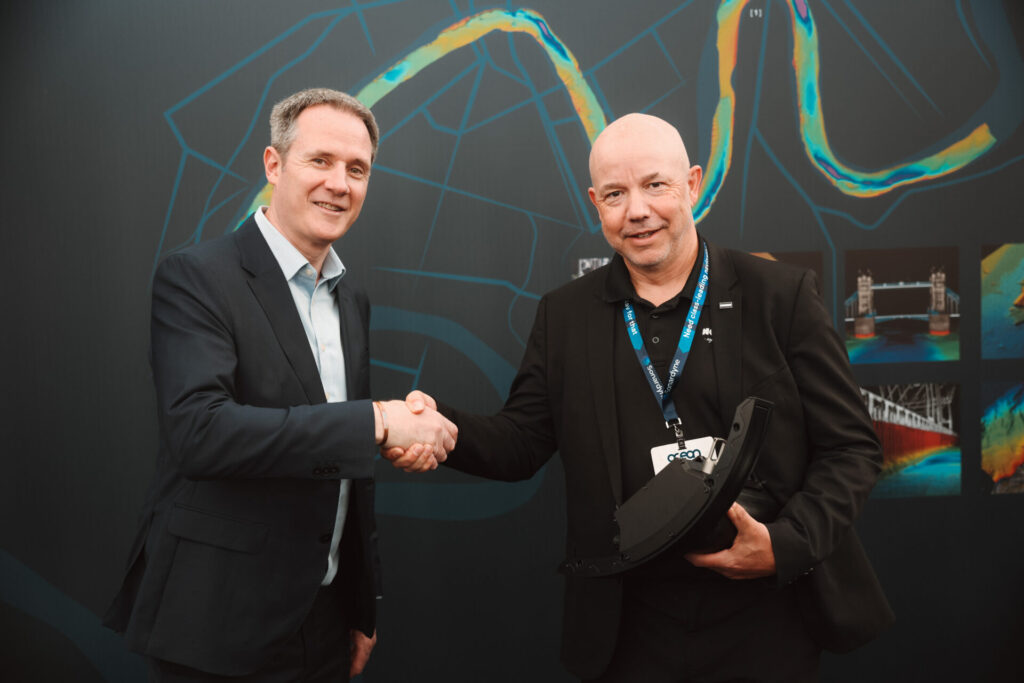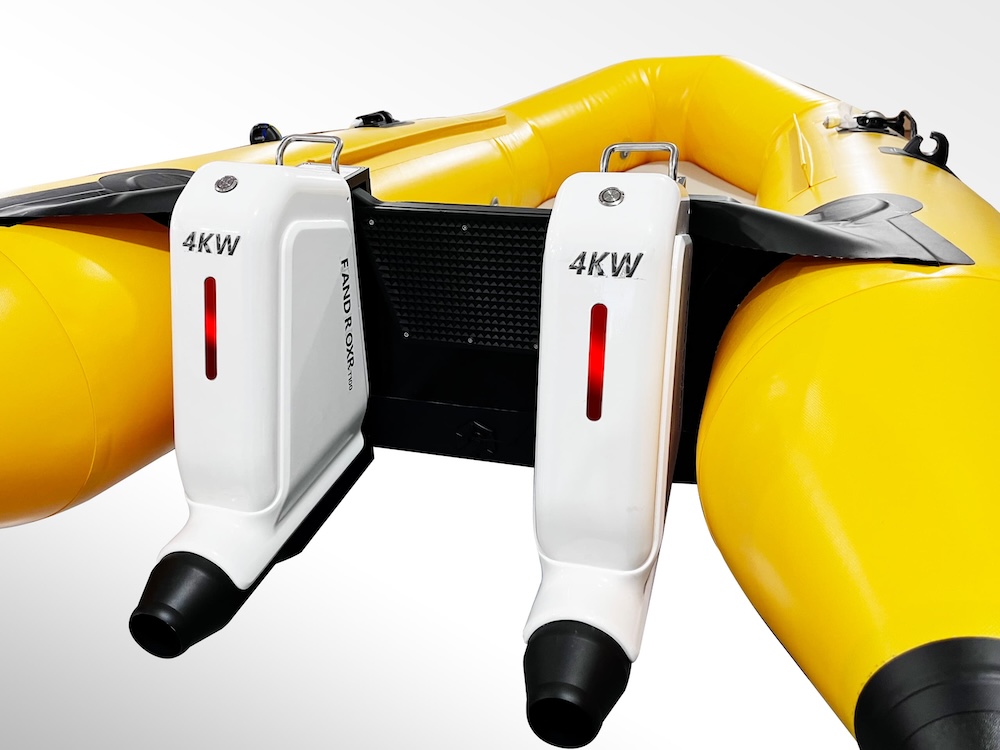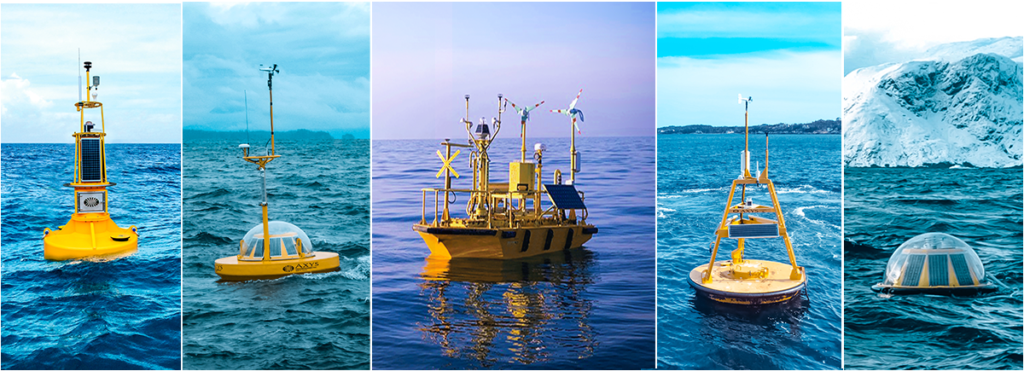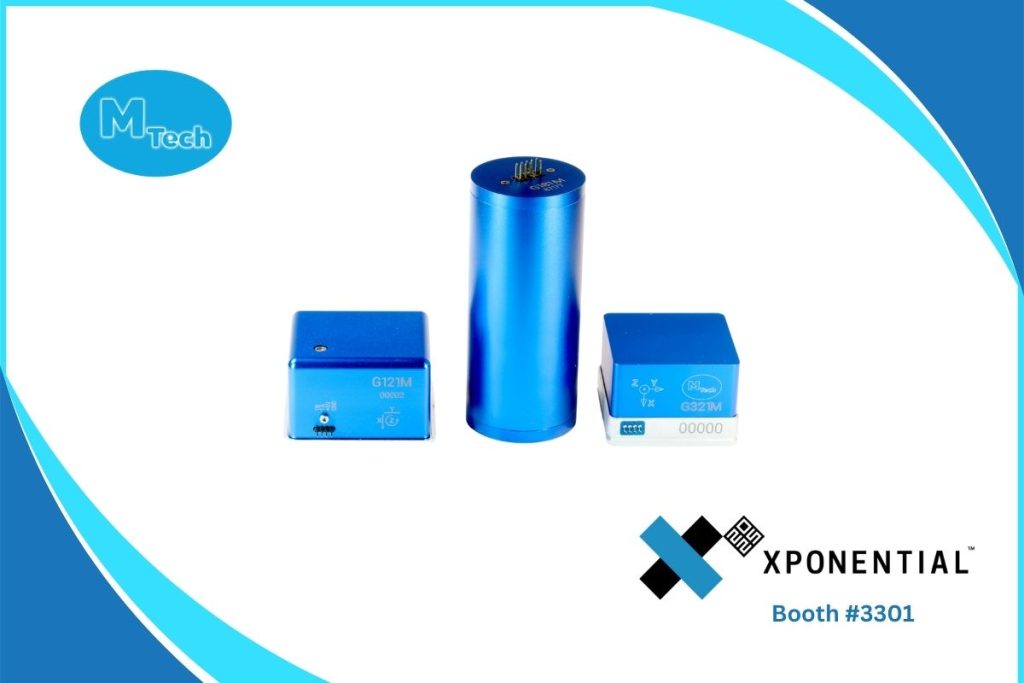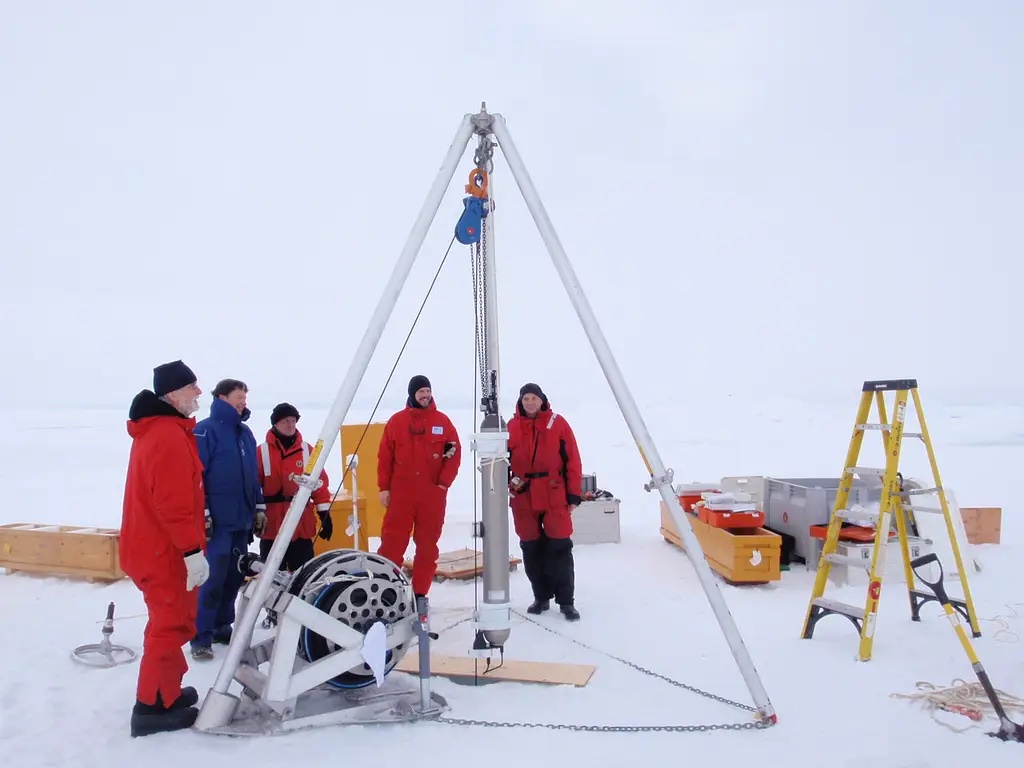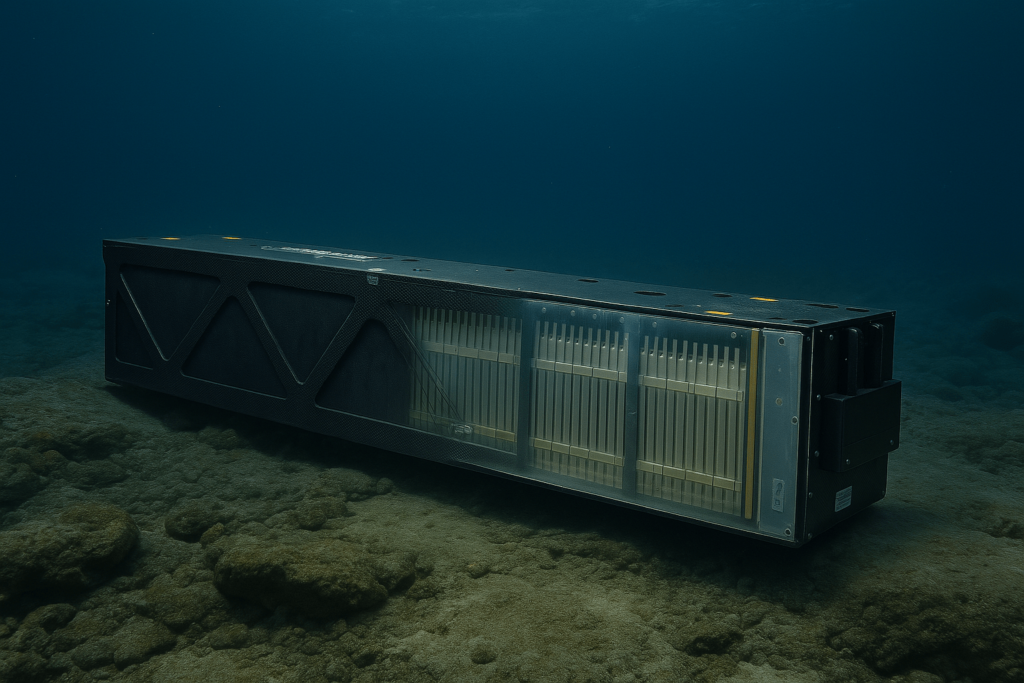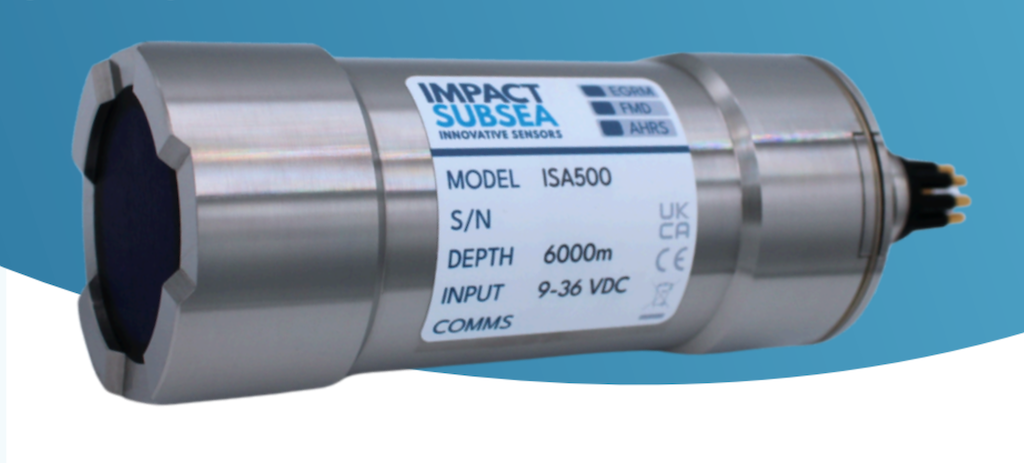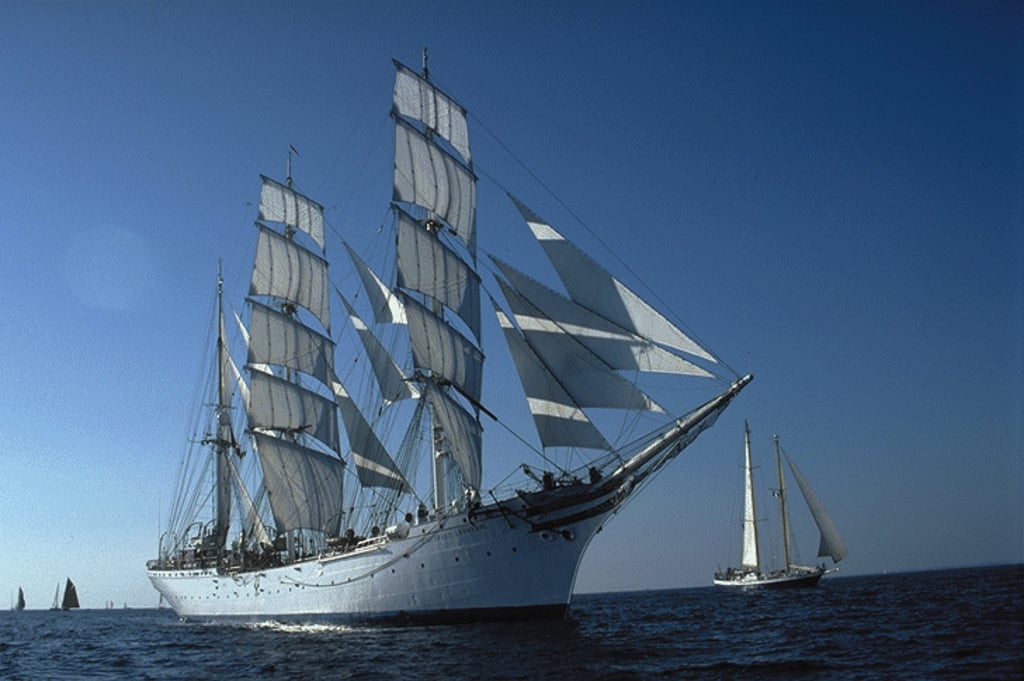
Connect with Leading Marine Technology Innovators
Discover cutting-edge solutions from leading global suppliers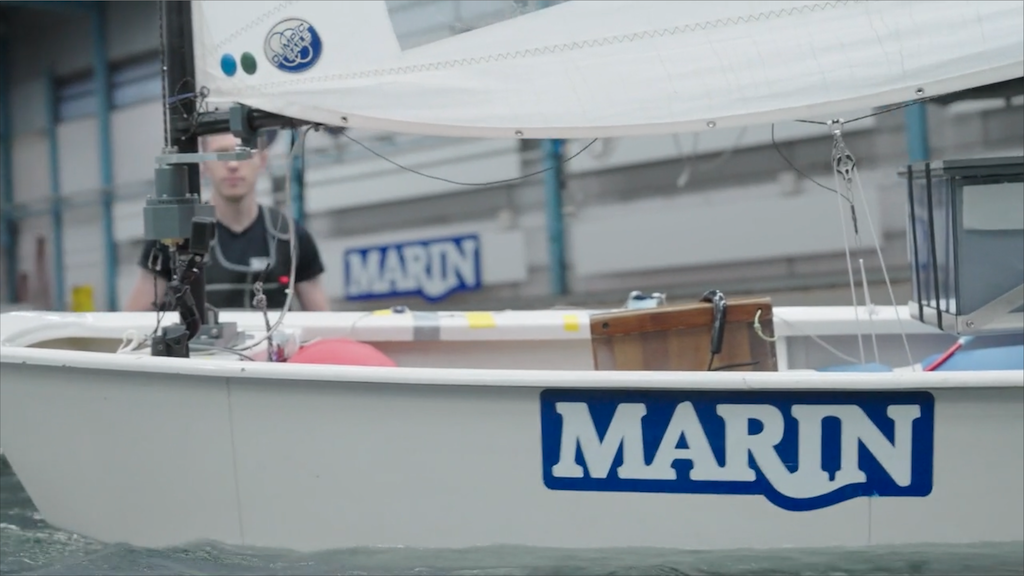
MARIN is researching whether a computer using AI can learn to sail an Optimist intuitively, without understanding the details of aerodynamics and hydrodynamics.
Put a child in an Optimist and it will learn how to sail intuitively, without understanding the details of aerodynamics and hydrodynamics.
One year ago, that inspired MARIN’s AI Sail team to take up a challenge: can a computer learn to do the same with the help of AI? Last Friday, 24 November 2023, was the moment of truth, during a demonstration in our Offshore Basin. Watch the videos on MARIN’s website.
The background of this challenge is an important one: what can artificial intelligence and machine learning contribute to a cleaner, smarter and safer maritime world?
Most maritime prediction methods are based on a model-based approach: physics-based models are combined in a computational model and validated in model tests and reality. With AI Sail we want to demonstrate the possibilities of data-driven methods, where the physics are not explicit in the model, but implicit in the data.
In simple terms: if children can learn how to sail an Optimist without knowledge of aerodynamics, hydrodynamics and oceanography, an AI-algorithm should be able to learn the same.
The AI Sail team consisted of a broad mix of MARIN specialists: AI/machine learning, digital twinning/time domain simulations, sailing/wind assist and model testing.
AI Sail is an open-innovation project, with workshops for maritime clients and with student’s involvement of TU Delft. They were able to develop their own AI sailing ‘agents’ (‘digital kids’) based on reinforcement learning (RL) with digital twins of the Optimist and our Offshore Basin in our time domain simulation framework XMF.
In the meantime our model test engineers had modified our Optimist with computer-controlled rudder, sheet and weight control and checked all necessary communications in the basin.
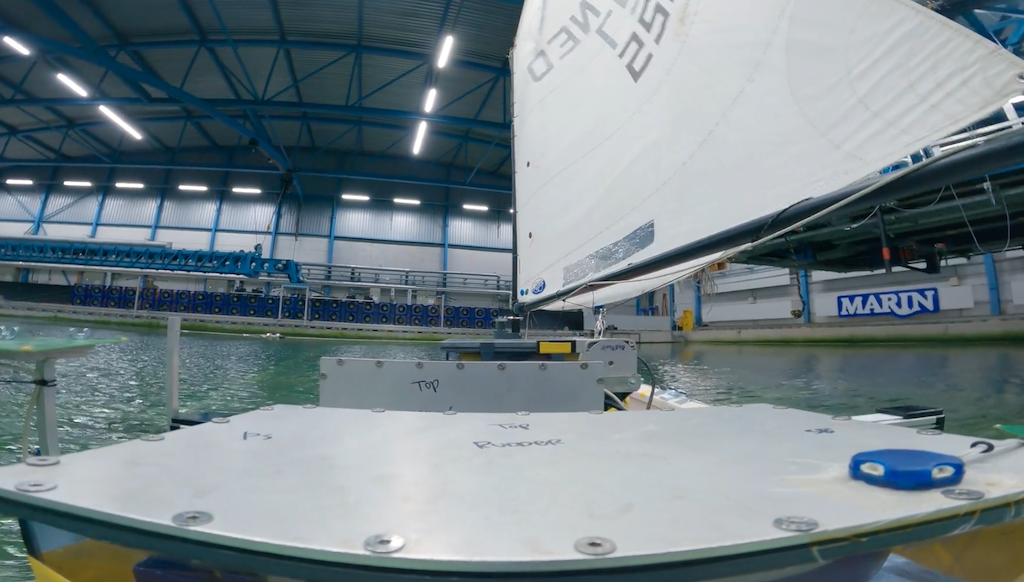
Fanny Rebiffé, AI-specialist at MARIN, said; “It was very exciting and great fun as well. Like with real kids on a lake, some RL-agents learned faster and better. Regularly an extra turn had to be made. Sometimes the Optimist stopped head into the wind.
“But working hard with the rudders and the shifting weight, several agents were very effective in getting wind in the sail again. So our ‘digital kids’ were ‘creative’ in solving their problems.”
dr. Hannes Bogaert, leader of the AI Sail team, said; “The maritime sector is watching this technology with great interest. The challenges to design and operate ships are increasing. Emission free ships and operations require more complex propulsion, power and energy systems.
“The damage caused by accidents at sea can be enormous. Society is less willing to take risks and adequately responding to risk situations on board is necessary. Offshore sustainable energy requires complex installation and maintenance operations at sea. People need to be better supported. During design and on board. Through the application of AI we can make many systems smarter and better support design and operation.”

